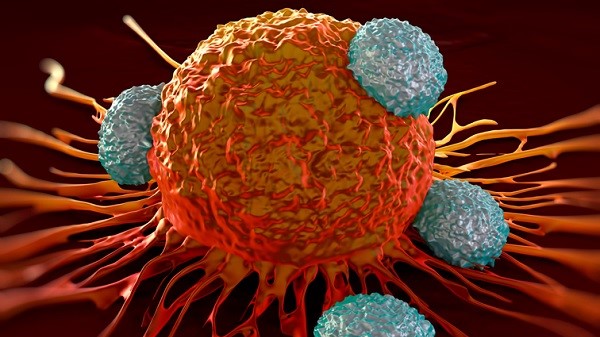Roche pays $200m for Vaccibody's cancer vaccine drug

Roche’s Genentech unit has paid $200 million to develop an individualised cancer vaccine with Norwegian biotech Vaccibody, which focuses on targets known as neoantigens that spring up as tumours grow and mutate.
The deal with the Oslo-based company is worth up to $715 million, with potential milestone payments worth up to $515 million on top of the $200 million in near-term payments.
Vaccibody, which is also entitled to tiered royalties on sales of any marketed products, will develop the DNA-based individualised neoantigen vaccines until the end of phase 1b.
Genentech, which is already well established as a player in cancer immunotherapy with its PD-L1 class drug Tecentriq (atezolizumab), will be responsible for development and marketing thereafter.
The Roche unit will also bear all costs for trials, filings, manufacturing and marketing after the completion of the phase 1b study.
Vaccibody has been working on a targeted DNA-based vaccine platform, in a bid to find a potential new treatment paradigm for individualised cancer vaccines.
The deal focuses on Vaccibody’s investigational product VB10.NEO, which is designed to be produced on-demand according to the neoantigen profile of an individual patient and produces an immune response that attacks the tumour.
Neoantigens are only found on tumours and are therefore an attractive target for cancer immunotherapy as they may be recognised as foreign by the immune system, while leaving healthy tissue untouched.
Vaccibody is not the only company that is trying to make immunotherapies that target neoantigens: in the UK, Cambridge-based NeoPhore is looking at ways to encourage cancers to produce these mutations to broaden the potential immune response against cancer.
Frame Therapeutics has also begun work on neoantigen-based cancer vaccines based on RNA technology.
Earlier this year it began a research collaboration with eTheRNA, which is developing cancer therapies based on its proprietary mRNA technology.
And last year Tokyo-based NEC Corporation and VAXIMM began a neoantigen collaboration using the former’s artificial intelligence technology and the latter’s T-cell immunotherapy technology.












